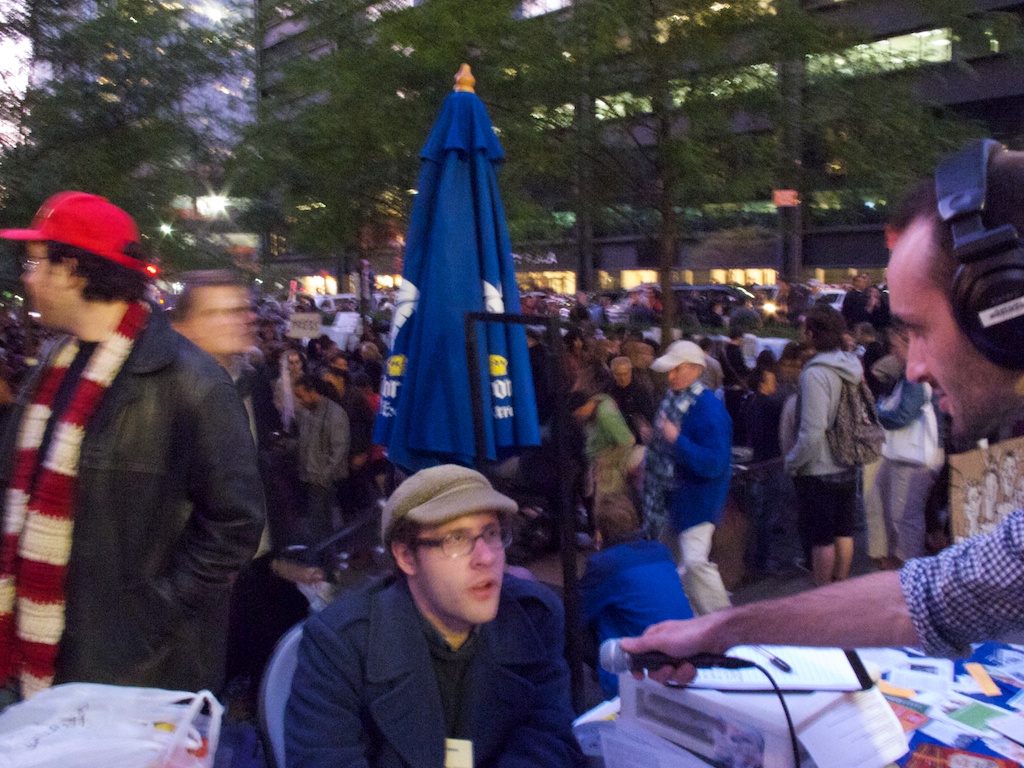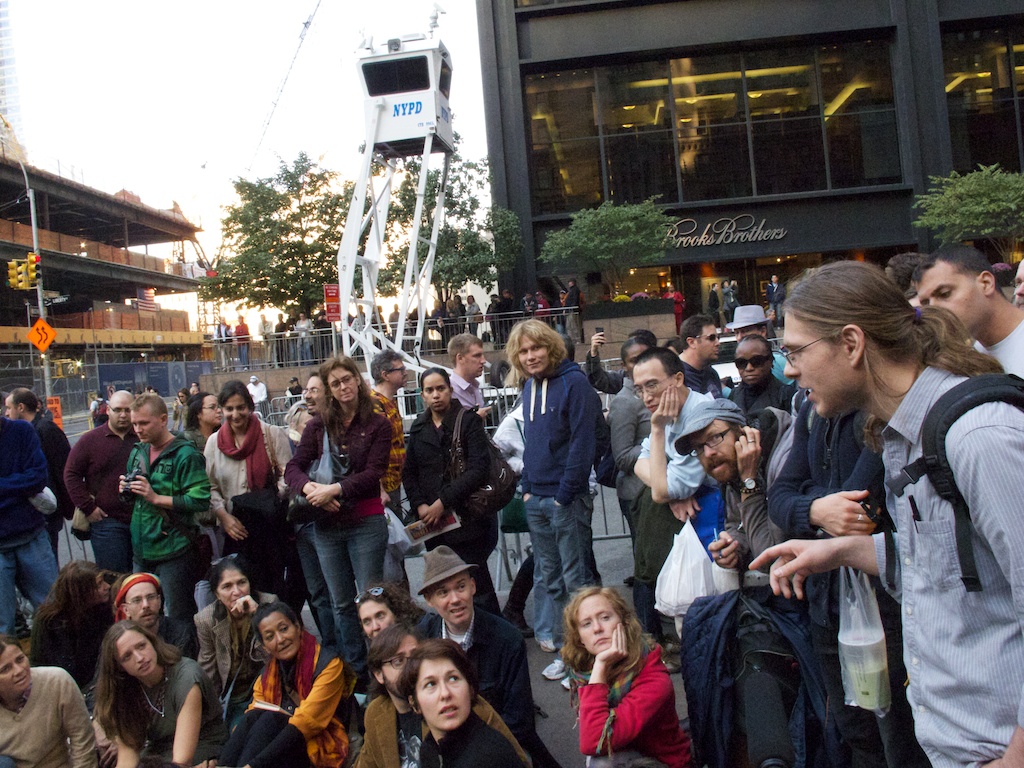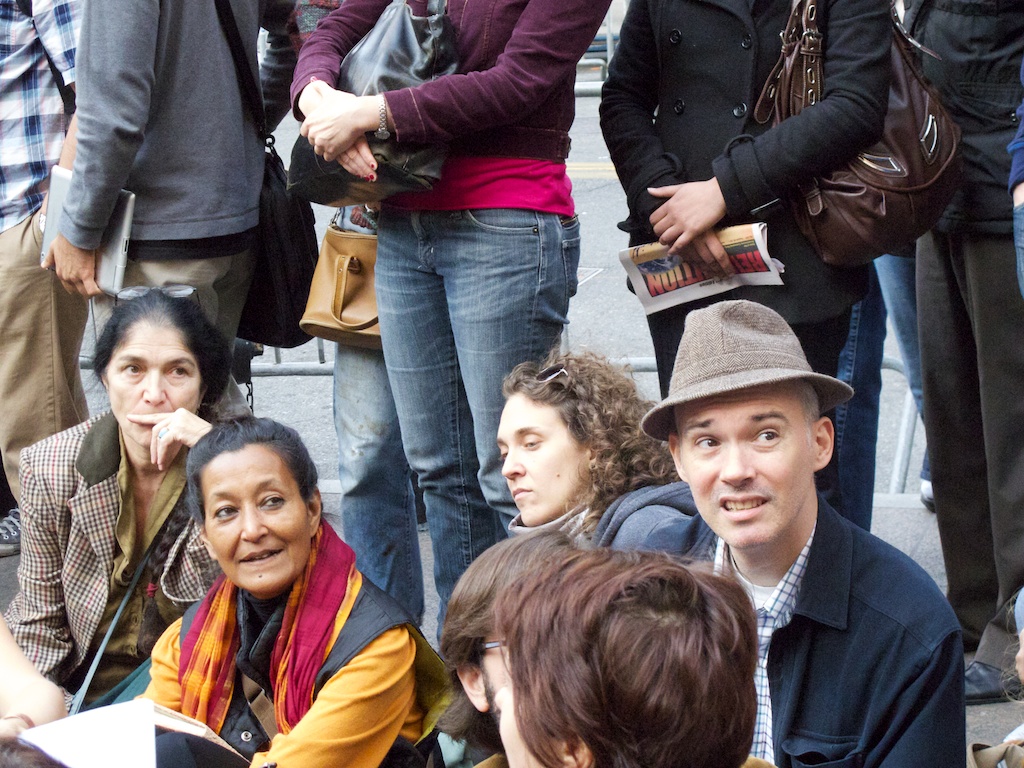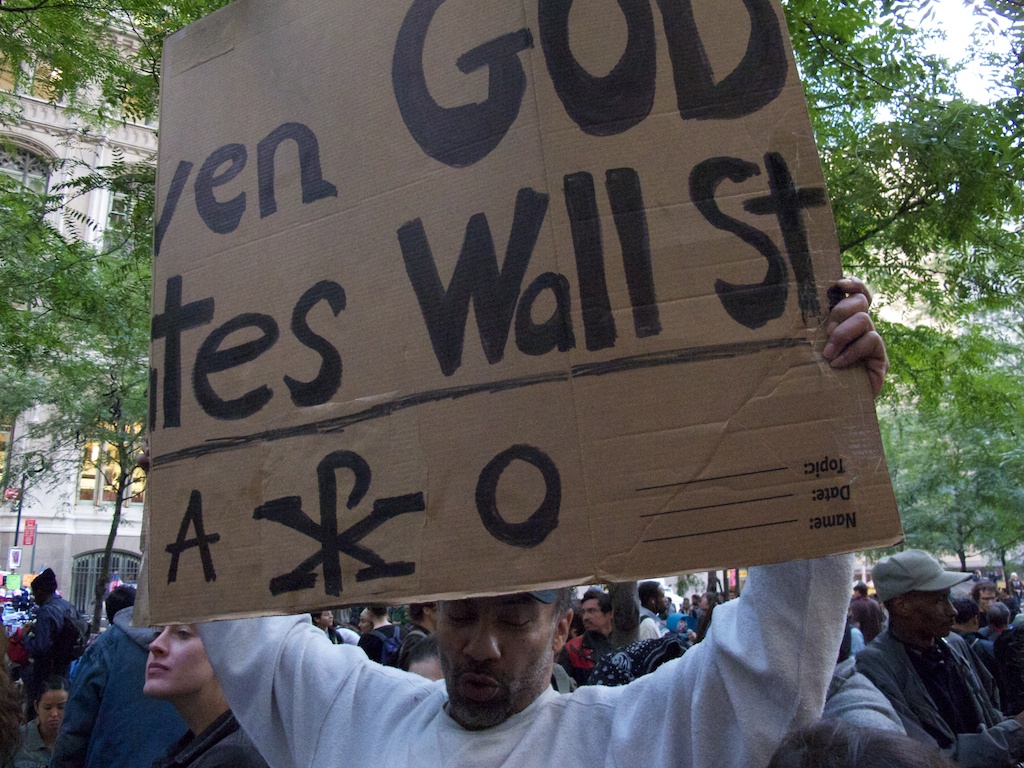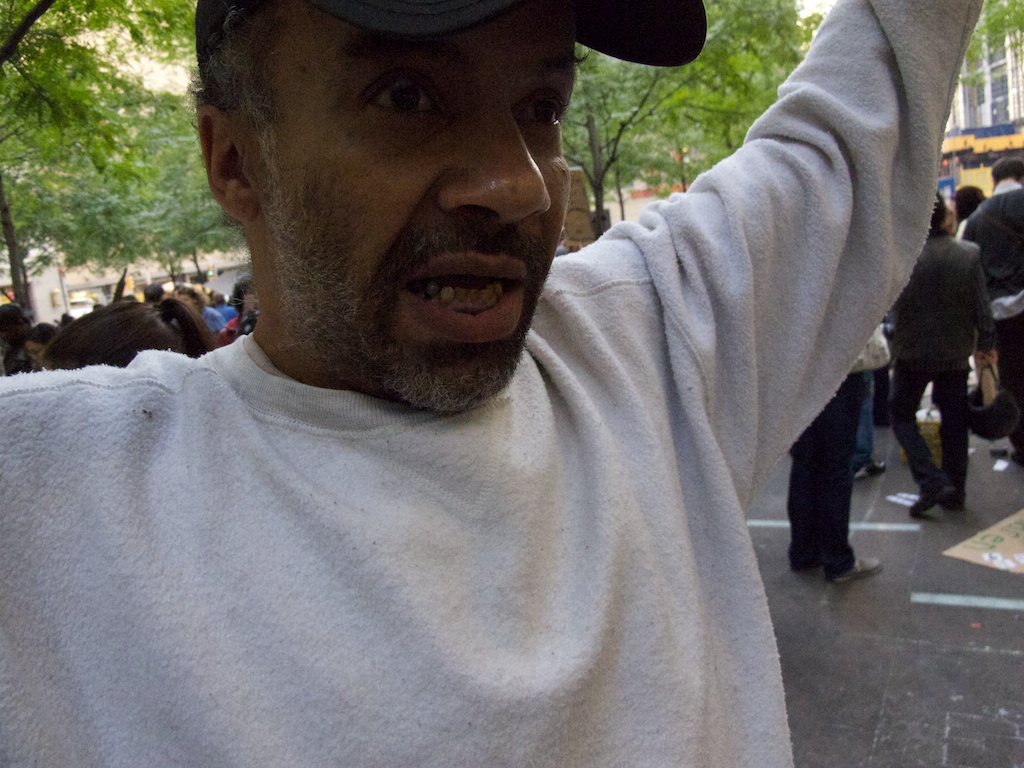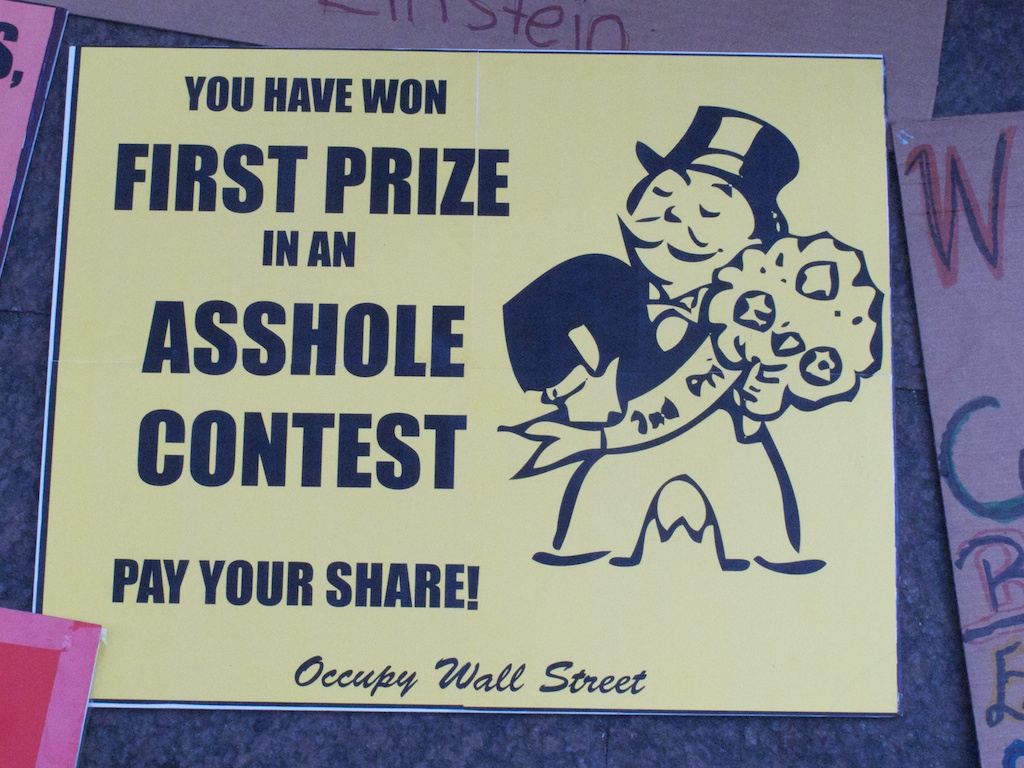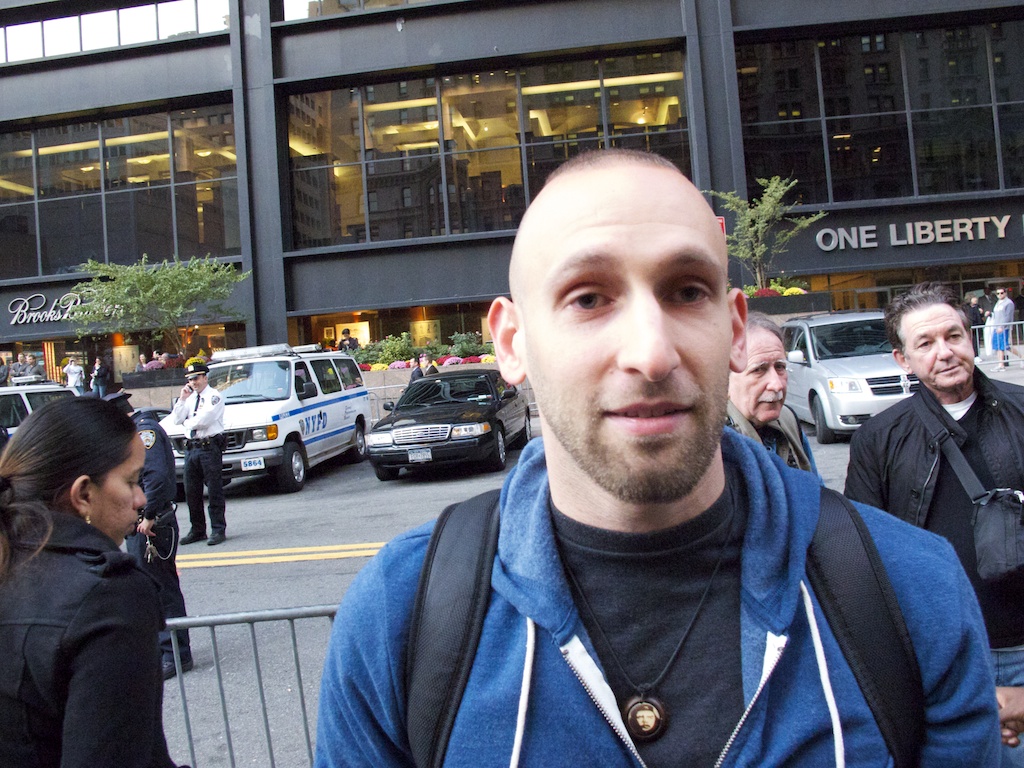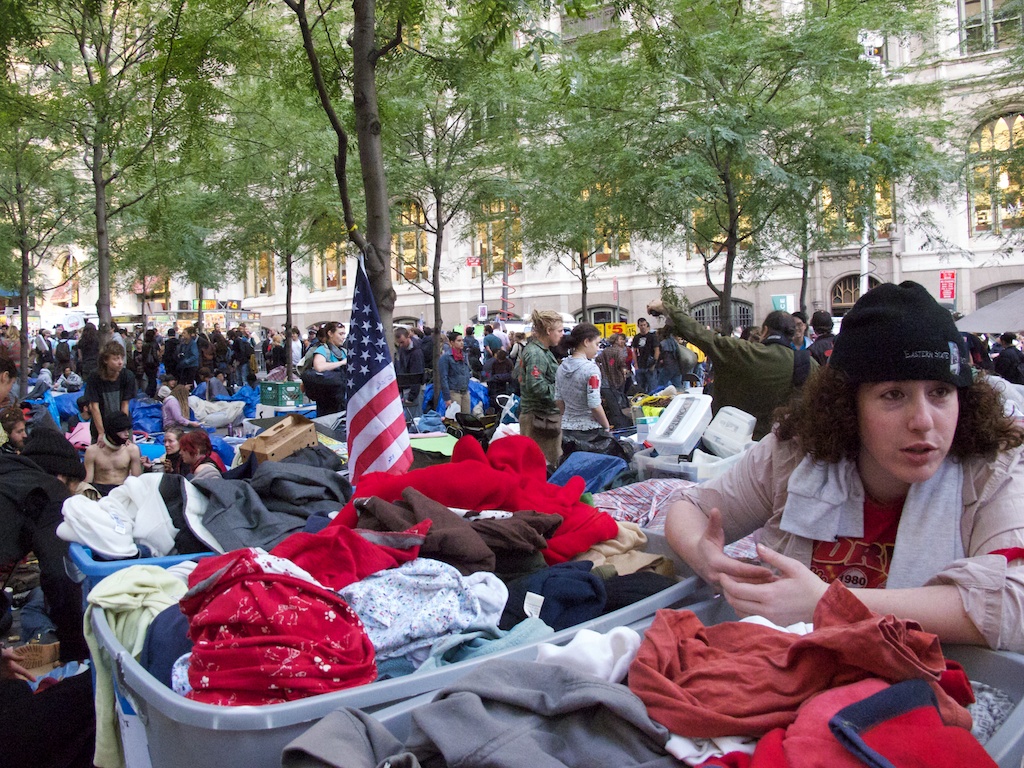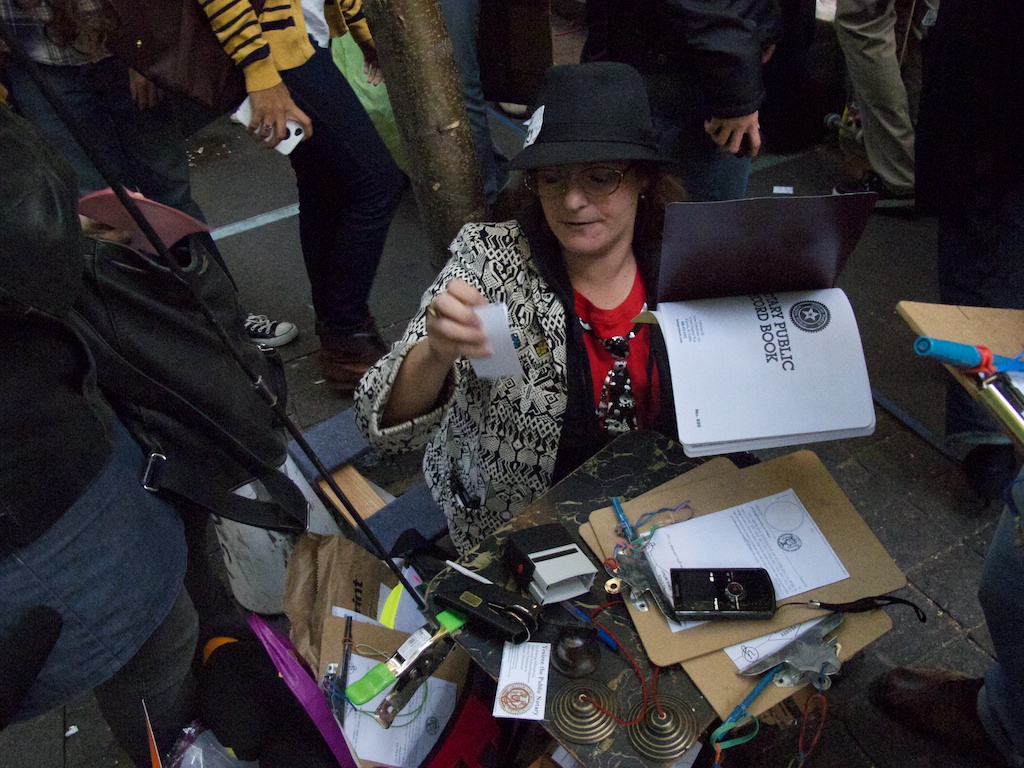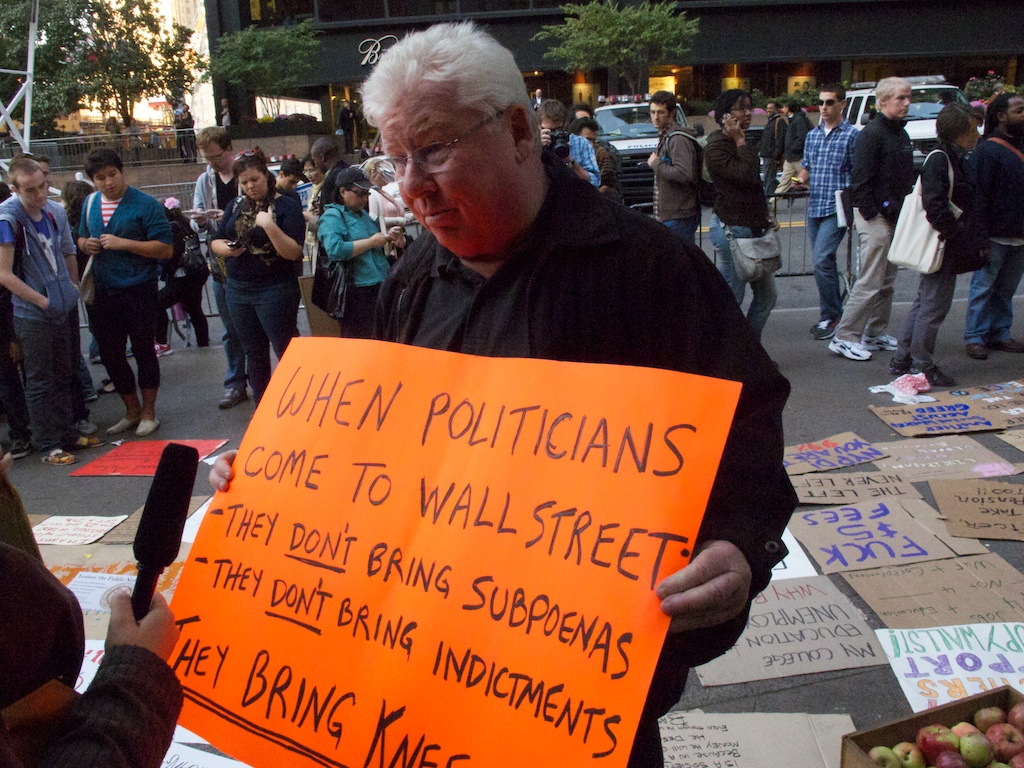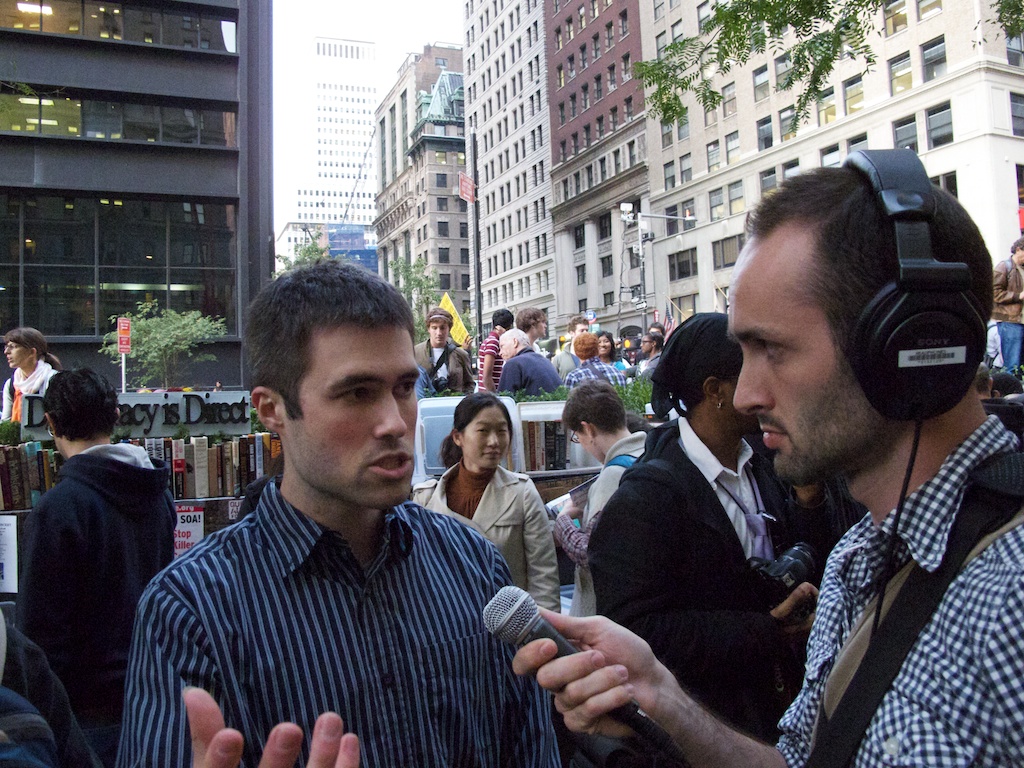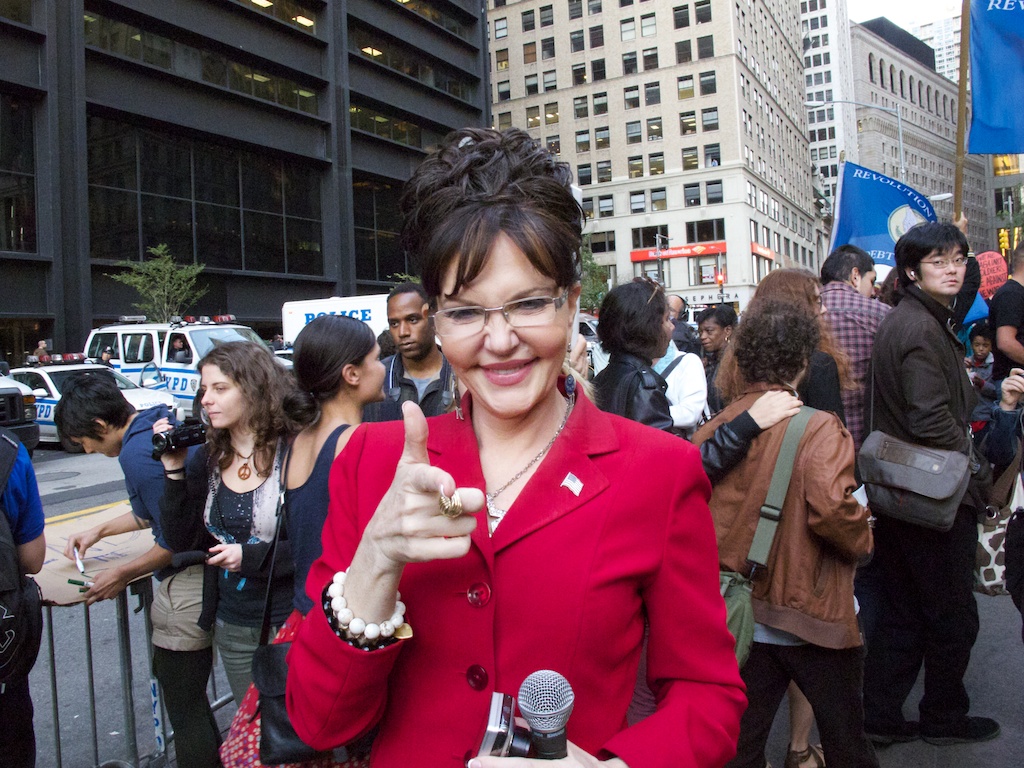Recently I posted a survey asking readers about how the economy had affected their employment situation. Specifically, I wanted to find out whether people were having to seek work outside of their primary field.
My survey received fourteen responses, nine of which were useful for analysis (unless there really is an international man of mystery who has been forced into the domestic mystique market by these tough times).
I asked respondents to rate the impact that the recession has had on their field of employment on a scale of 1 to 5, where 1 meant little to no impact and 5 meant a substantial impact.
Of respondents who said that the impact has been severe, 4 respondents rated the recession’s impact on their field at a 4, and 2 at a 5. 2 of the remaining 3 rated the impact as 3, indicating a moderate impact, and the remaining respondent rated the impact at a 1, or minimal impact.
The field least affected, according to these results? Speech-language Pathology. It makes sense; one would think any fields related to treating disorder and disease, those perennial friends of humanity, would not be vulnerable to market pressures the way that other fields are.
The fields moderately impacted, according to those working in them: used books and semiconductors. Books may be on their way out thanks to e-readers, but the cheap paperback retains its charm for the time being. Semiconductor companies provide the components for a wide array of digital electronics; for that reason, it’s safe to say that the field is more threatened by technology that would render it obsolete than by market forces.
What fields have been most drastically affected, according to these results? The 2 respondents who rated the impact at a 5 worked in food service and writing and publishing, respectively.
All 4 of the respondents who rated the impact of the recession on their field were in education, both as workers and students.
In terms of personal impact, 3 respondents said that over 50 percent of their current income is from work they do outside of their primary field; the rest either rely on outside work for a small portion of their overall income, or not at all.
What to make of these results? What do you think? Based on your experience or what you’ve read, are they indicative of larger trends?

